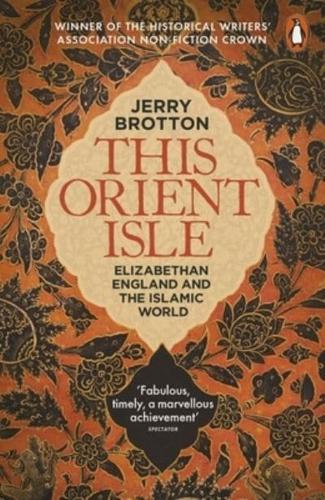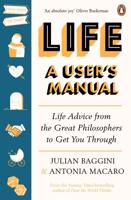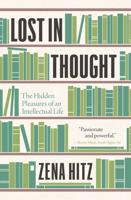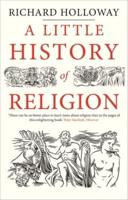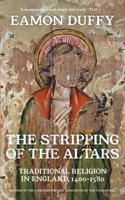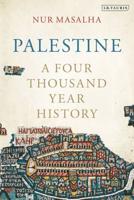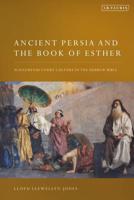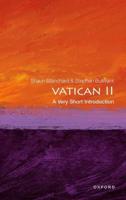Publisher's Synopsis
WINNER OF THE HISTORICAL WRITERS ASSOCIATION NON-FICTION CROWN
AS HEARD ON BBC RADIO 4
'Fabulous, timely, a marvellous achievement' Spectator
'A richly resonant work which recasts our understanding of the Elizabethan era' Daily Telegraph
In 1570, after plots and assassination attempts against her, Elizabeth I was excommunicated by the Pope. It was the beginning of cultural, economic and political exchanges with the Islamic world of a depth not again experienced until the modern age. England signed treaties with the Ottoman Porte, received ambassadors from Morocco and shipped munitions to Marrakech in the hope of establishing an accord which would keep the common enemy of Catholic Spain at bay. This awareness of the Islamic world found its way into many of the great English cultural productions of the day - especially, of course, Shakespeare's Othello and The Merchant of Venice. This Orient Isle shows that England's relations with the Muslim world were far more extensive, and often more amicable, than we have ever appreciated, and that their influence was felt across the political, commercial and domestic landscape of Elizabethan England.


